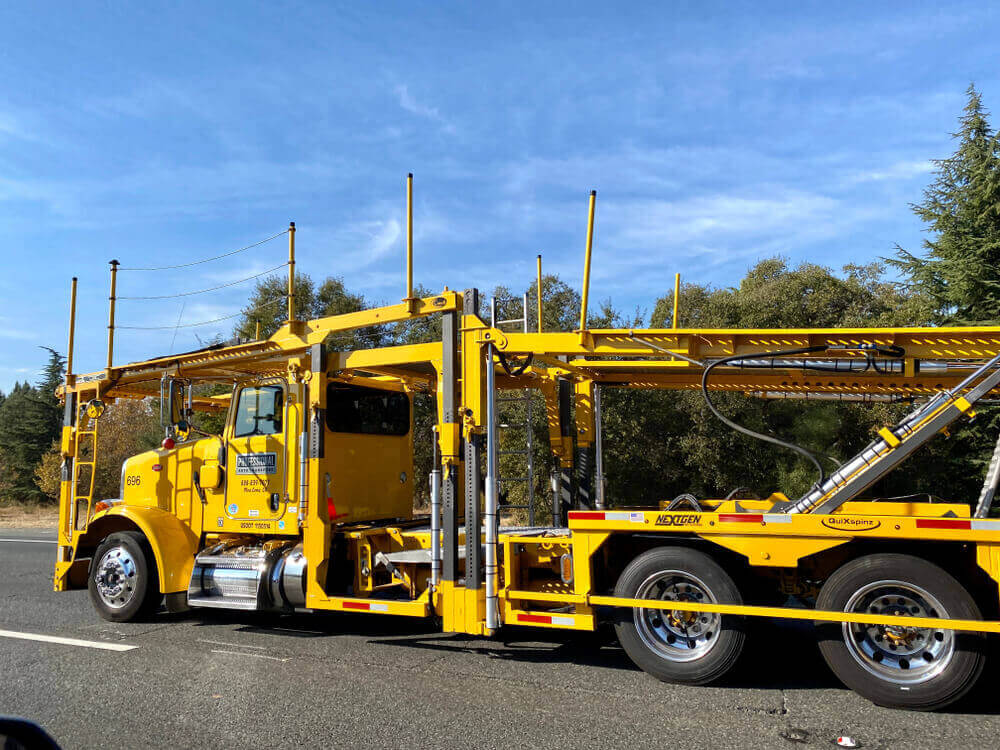When it comes to transporting large or heavy machinery, the term “wide loads” is often encountered. Heavy equipment shipping can be complex due to the size, weight, and sometimes unusual shapes of the equipment being transported. Whether you’re moving construction machinery, industrial equipment, or other large items, understanding the logistics of safe and efficient shipping is critical to ensure that your equipment arrives at its destination without damage or delays.
Choosing the Right Transport Method
Heavy equipment shipping involves several considerations, such as choosing the right transport vehicle and route. Depending on the type of machinery or equipment, shipping can take place by road, rail, sea, or air. The most common method for transporting heavy equipment across distances is by truck, specifically through the use of flatbed trailers, step-deck trailers, or lowboy trailers, which are designed to handle loads that are wide, long, or particularly heavy.
For "wide loads," extra measures need to be taken to ensure safety and compliance with transportation laws. Wide loads are defined as those that exceed the standard width limits allowed for road transport, typically exceeding 8.5 feet in width. Transporting such loads requires special permits, escort vehicles, and sometimes route adjustments to avoid obstacles such as bridges, power lines, or narrow roads.
Permit and Regulatory Requirements
One of the key challenges of shipping heavy equipment, especially wide loads, is the permit process. Different states and regions have varying regulations concerning the transport of oversized loads. In most cases, an oversize permit is required to move wide loads, and the shipping company must comply with the specific rules set forth by local, state, and federal authorities. This includes ensuring the vehicle is equipped with the proper signage, lights, and flags to alert other road users of the oversized nature of the load.
For this reason, it’s essential to work with a transport company that has extensive experience in handling oversized freight and can navigate the complex regulatory landscape. They should be able to take care of obtaining the necessary permits and ensuring the shipping route is planned with the least disruption to traffic and minimal risk of delays.
The Role of Escort Vehicles
For particularly wide loads, escort vehicles are often required. These vehicles serve as a safety measure, guiding the truck transporting the heavy equipment and ensuring that the route is clear of any potential hazards. Escort vehicles may also provide real-time communication with local authorities to handle any sudden changes in traffic patterns, road closures, or other issues that might arise during transport.
Escort vehicles are usually equipped with flashing lights, signs, and other indicators to signal the presence of a wide load. They play a critical role in ensuring that the transport proceeds smoothly, avoiding accidents, and minimizing delays. Depending on the size of the equipment and the road conditions, more than one escort vehicle may be required.
Loading and Unloading Procedures
Loading and unloading heavy equipment requires a high level of expertise to prevent damage to both the equipment and the transport vehicle. Specialized equipment such as cranes, forklifts, and ramps are often used to load and unload machinery onto transport trailers. The loading process must be executed with precision, especially when dealing with wide loads that can be challenging to maneuver onto a flatbed.
The unloading process is equally important and should be carefully planned to ensure the safety of the crew and the equipment. Many transport companies offer assistance with both loading and unloading to ensure that the process is as efficient and safe as possible. For more detailed information on heavy equipment shipping, consider visiting trusted resources like the Federal Motor Carrier Safety Administration to understand the rules and regulations surrounding wide load transport.
Why Choose a Professional Heavy Equipment Shipping Company?
Shipping heavy machinery and wide loads is not something to be taken lightly. The process involves complex logistics, regulatory considerations, and the need for specialized equipment and expertise. That’s why it’s important to work with a professional heavy equipment shipping company that understands the nuances of transporting oversized loads.
A reliable shipping company will handle all the details, including securing permits, coordinating escort vehicles, and ensuring your equipment arrives at its destination safely and on time. By partnering with professionals, you can rest assured that your heavy equipment will be handled with the utmost care and expertise.


